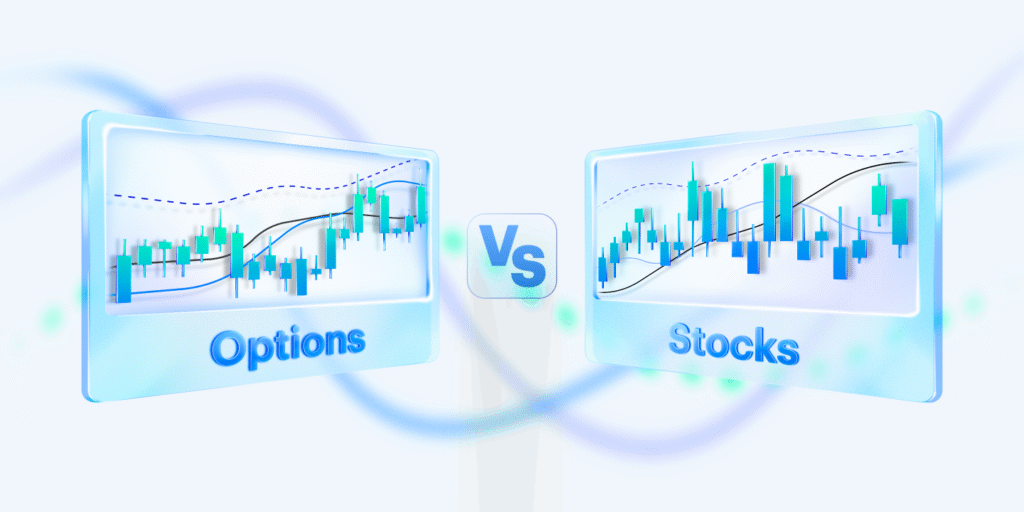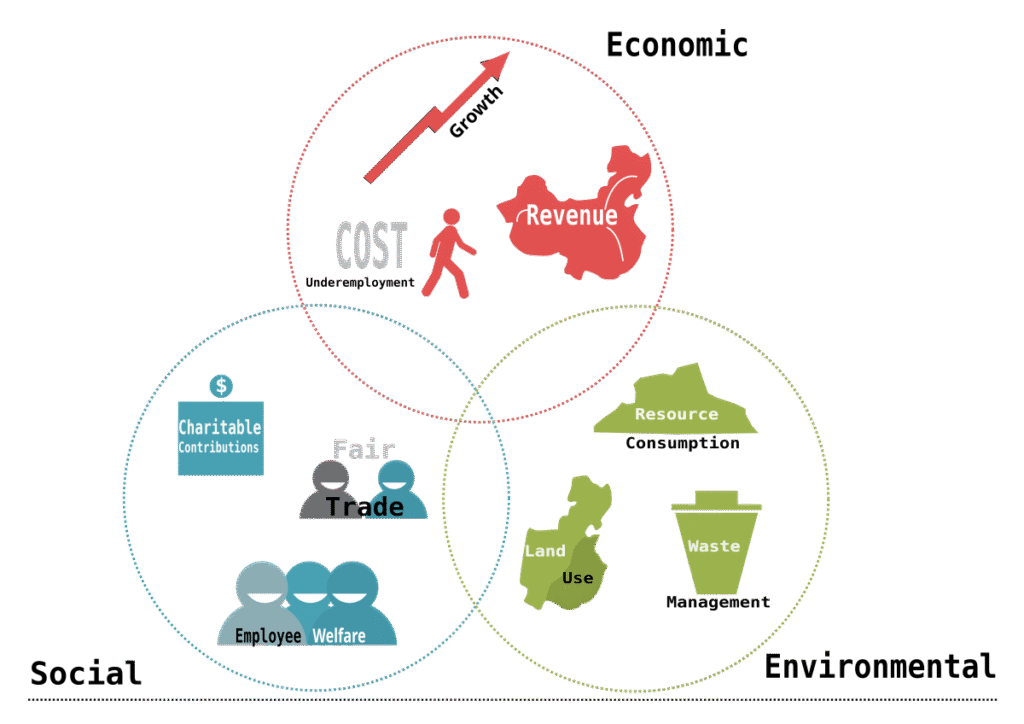In recent years — and especially looking at this year’s market environment — many investors are asking the same question: Should I invest in individual stocks or ETFs (Exchange-Traded Funds)? The honest answer is: it depends. In this article, we’ll explore the main differences, advantages, and drawbacks of each option so you can decide which fits your goals, risk tolerance, and investment style this year.
What Are Stocks and ETFs?

A stock represents ownership in a single company. When you buy a share of Apple Inc., for instance, you become a part-owner of that business — sharing in its profits, risks, and growth potential.
An ETF (Exchange-Traded Fund), on the other hand, is a fund that holds many different assets — typically stocks, bonds, or commodities — and trades on an exchange just like a stock. When you buy an ETF, you’re essentially buying a basket of assets in one trade.
So in simple terms:
- Stock = a direct bet on one company.
- ETF = a diversified bet across many companies or sectors.
Key Differences You Should Know
When comparing ETFs and stocks, consider the following factors:
- Risk Diversification
A single stock exposes you to the fate of that particular company. If the company struggles, your investment can take a hard hit. An ETF, however, automatically spreads that risk across dozens or even hundreds of companies, helping smooth out volatility. - Return Potential and Volatility
Individual stocks can deliver outsized returns if a company performs extremely well, but they can also suffer deep losses. ETFs tend to have steadier performance since they’re diversified, meaning less risk — but also lower potential for explosive gains. - Costs and Trading Ease
ETFs generally come with very low expense ratios, often cheaper than traditional mutual funds. Both ETFs and stocks trade throughout the day on exchanges, so you can buy or sell anytime during market hours. Depending on your broker, transaction costs are often minimal or even zero. - Time and Effort Required
Investing in individual stocks requires research — analyzing financial statements, understanding industries, and monitoring market news. ETFs demand far less maintenance; they let you invest passively while still capturing market growth. - Investment Horizon and Goals
For long-term investors seeking moderate growth with controlled risk, ETFs are typically a great choice. For those with deeper market knowledge, higher risk tolerance, or specific insights into certain companies, individual stocks can be more rewarding.
Why ETFs Might Be the Smarter Choice This Year

Given today’s macroeconomic landscape — marked by geopolitical uncertainty, inflation pressures, and changing interest rate policies — ETFs have several compelling advantages:
- Built-in Diversification: They help cushion against volatility in specific sectors or companies.
- Accessibility: You can start investing with small amounts while gaining exposure to an entire market or index.
- Low Costs: Most ETF expense ratios remain below 0.2%, making them a cost-effective way to stay invested.
- Ease of Use: Perfect for investors who prefer a hands-off, long-term strategy.
Many financial experts agree that for the average investor, ETFs provide an efficient way to gain broad market exposure without taking on unnecessary risk. In online investment communities, the debate often goes like this:
“Individual stocks are riskier than ETFs. With more risk comes greater potential returns.”
However, unless you’re a seasoned analyst or trader, ETFs often strike a better balance between simplicity and safety.
When Stocks Might Be the Better Option

Of course, there are still good reasons to invest in individual stocks — provided you understand what you’re doing.
You might prefer stocks if:
- You have a high risk tolerance and don’t mind short-term volatility.
- You possess deep knowledge of a specific sector or company and believe you can spot undervalued opportunities.
- You’re willing to spend time researching and monitoring your investments.
- Your goal is to maximize growth, accepting that potential losses could also be large.
For active investors or those passionate about business analysis, stock picking can be intellectually rewarding and — with the right picks — financially lucrative.
This Year’s Verdict: ETFs or Stocks?
If we had to choose one as the “winner” for most people this year, ETFs come out ahead.
Why? Because they:
- Offer instant diversification, which is particularly valuable in volatile markets.
- Require less time and knowledge to manage effectively.
- Have very low fees, making them accessible to nearly anyone.
That doesn’t mean individual stocks are a bad idea. For experienced investors with a clear strategy and strong conviction, picking specific companies can yield higher returns. But for the vast majority — especially those investing for long-term goals like retirement — ETFs provide a simpler, safer, and more reliable approach.
Bottom Line

There’s no one-size-fits-all answer. ETFs are generally better suited for investors who value diversification, lower risk, and convenience. Stocks can work better for those seeking higher potential returns and who are comfortable taking on greater volatility.
Ask yourself:
- How much time do I want to spend managing my investments?
- How much risk am I comfortable with?
- What’s my time horizon — short-term speculation or long-term growth?
Your answers will guide you toward the right mix. Many seasoned investors even combine both: using ETFs as the stable foundation of their portfolio, and adding a few hand-picked stocks for extra growth potential.
In the end, the best investment strategy is the one you can stick with — through bull and bear markets alike.